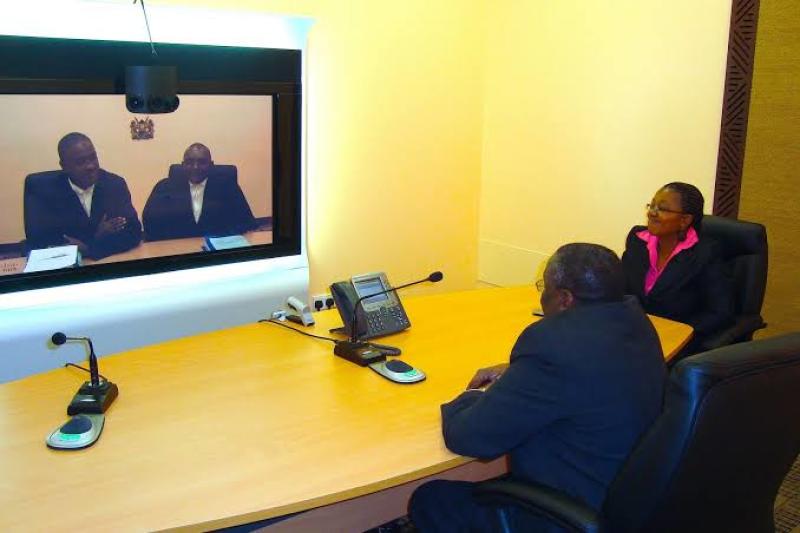×
The Standard e-Paper
Smart Minds Choose Us

In 2010, the Judiciary attempted to go virtual. A decade later, the vision of virtual courts is seemingly blurred.
At the Supreme Court building, room 48, there is evidence of what would see Kenyans and lawyers interact with judges via a video link.